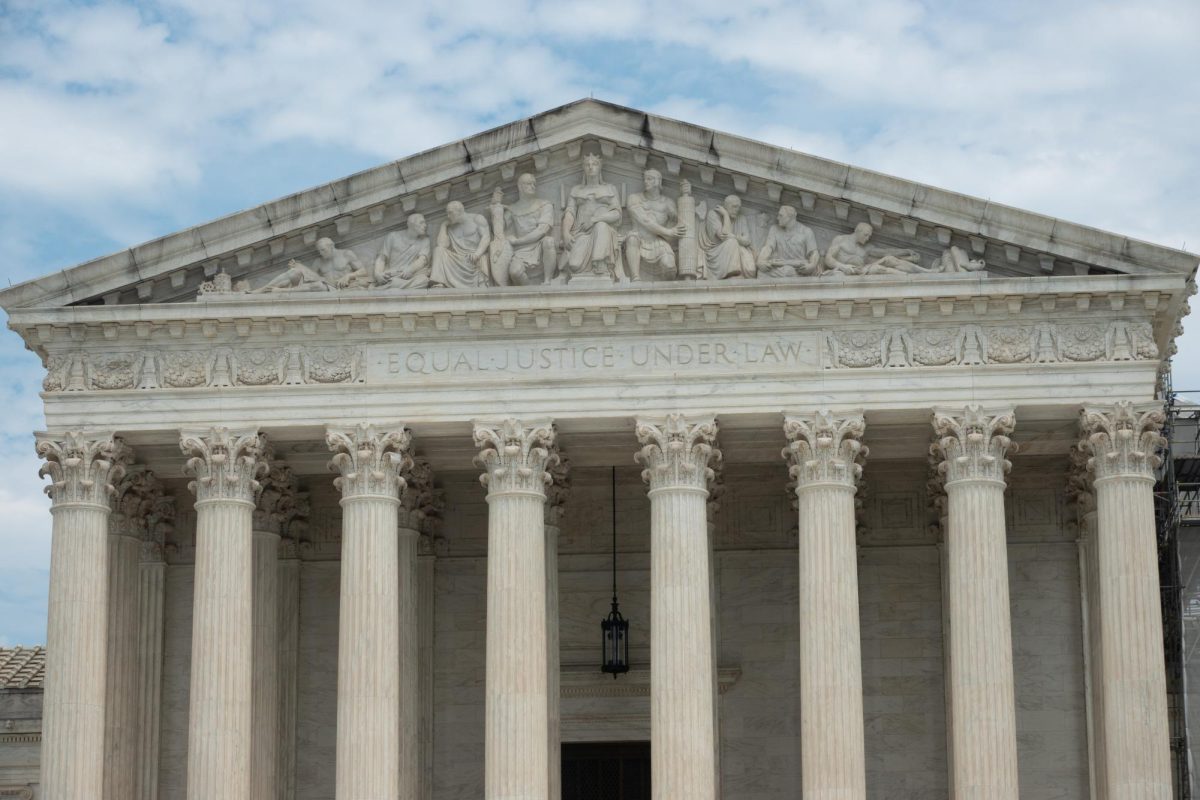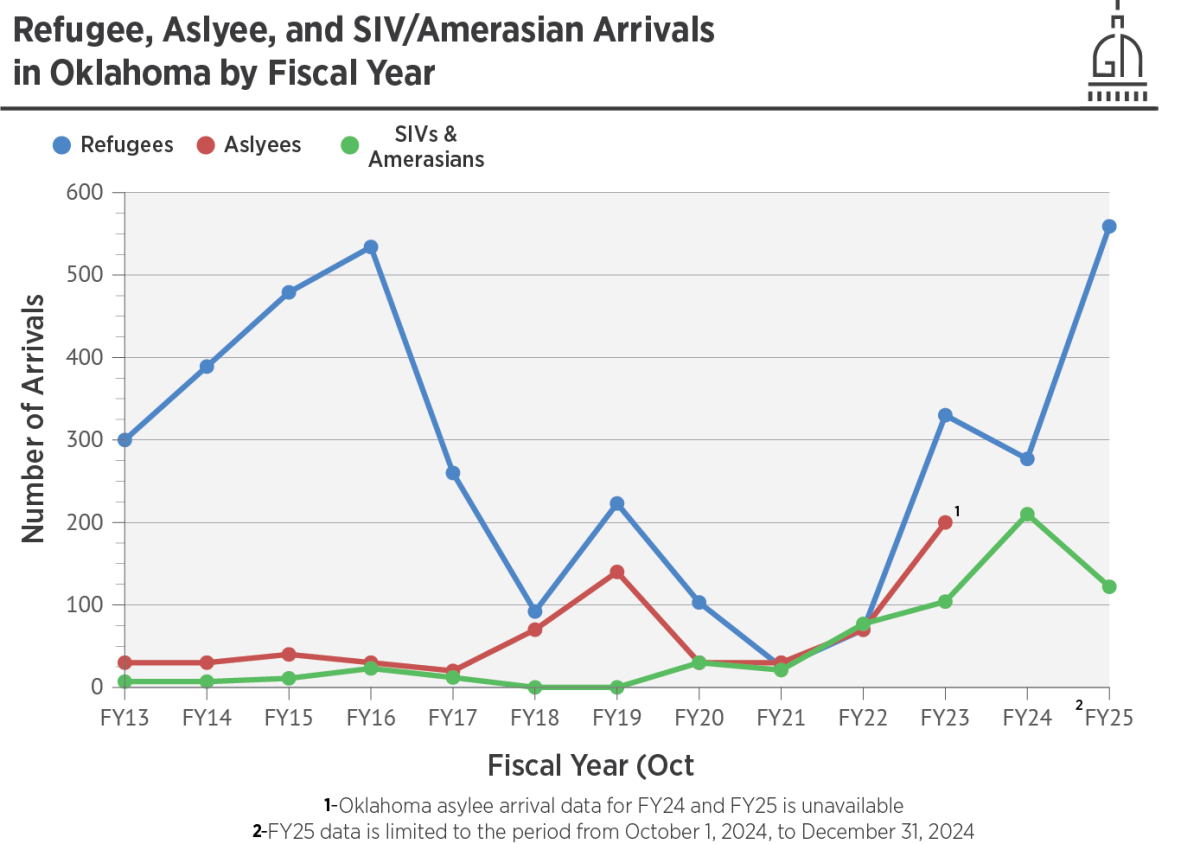WASHINGTON – The Supreme Court ruled on Friday that penalizing homeless people for camping on public property does not violate the Eighth Amendment, failing to constitute “cruel and unusual punishment.”
The 6-3 decision along ideological lines in City of Grants Pass (Oregon) v. Johnson found that though “homelessness is complex” and its “causes are many,” the Eighth Amendment does not grant federal judges the primary responsibility of “assessing those causes and devising those responses.”
Justice Gorsuch held in his majority opinion that the case Robinson v. California, in which the Court decided that states cannot criminalize drug addiction status, recognizes “broad powers” states have over criminal laws. Therefore, it does not support an Eighth Amendment violation in this case.
In a dissenting opinion, Justice Sotomayor argued that laws like the one at issue punishes people who do not have access to shelter for being homeless, therefore violating the Eighth Amendment.
“It is possible to acknowledge and balance the issues facing local governments, the humanity and dignity of homeless people, and our constitutional principles,” Sotomayer wrote. “Instead, the majority focuses almost exclusively on the needs of local governments and leaves the most vulnerable in our society with an impossible choice: Either stay awake or be arrested.”
The majority sided with the city of Grants Pass, Oregon, which has three laws pertaining to camping inside parks, sidewalks, bridges and other public property. Violations of such laws result in civil fines, and could escalate to temporary bans and short-term jail time for repeat violators.
Two homeless residents of Grants Pass, among others, sued the city for violating the “cruel and unusual punishment” clause of the Eighth Amendment, citing a case which holds that punishment of the homeless violated the clause because they had no access to shelter.
This decision comes after Norman police dismantled a homeless encampment in February based on complaints of ongoing criminal activity occurring within the camp, including fires, explosions and narcotics according to police.
The Oklahoma State Legislature passed a bill on homelessness in April. Gov. Kevin Stitt signed SB 1854 into law, which criminalizes “unauthorized camping” on state-owned properties such as highway underpasses and medians.
As defined in the measure, an “unauthorized camp” constitutes any tent, shelter, or bedding constructed for overnight sleeping on property not previously designated as a campsite.
The bill, set to take effect Nov. 1, creates a misdemeanor for those who set up unauthorized camps and violate other provisions of the measure.
According to the bill, first time violators will be issued a warning without a citation, unless the person refuses officers’ assistance, which may include “transportation to a shelter or food pantry.” If convicted, repeat offenders may either face a fine not to exceed $50, imprisonment in the county jail for up to 15 days, or both.
Advocates for the homeless have criticized the bill and the criminal charges that it could procure, which Kelly Dyer Fry, Director of Operations in Oklahoma City for Mental Health Association Oklahoma, said does not give any options to the unhoused.
“We have a dire lack of affordable housing in this state already, and criminal charges often disqualify individuals from options that are available,” Fry said in a statement. “It hurts the most vulnerable individuals, and it costs taxpayers significantly more money to arrest and jail people.”
The ACLU also advocated against the ruling on X, formerly known as Twitter, writing:
“The Supreme Court ruled today that cities can punish unhoused people for sleeping in public, even if they have nowhere else to go. We cannot arrest our way out of homelessness.”
Gov. Kevin Stitt’s office declined to comment on any interest in prohibiting homeless encampments on public property following the case’s verdict, and instead directed focus towards nonprofit organizations.
“States like California pour billions of tax dollars into government programs to try and solve this issue, but they are left with bloated programs and few, if any, results,” press secretary Meyer Siegfried said. “Gov. Stitt emphasizes the crucial role that nonprofit, community and faith based organizations play in solving the homelessness epidemic.”
Gaylord News is a reporting project of the University of Oklahoma Gaylord College of Journalism and Mass Communication. For more stories by Gaylord News go to GaylordNews.net.







